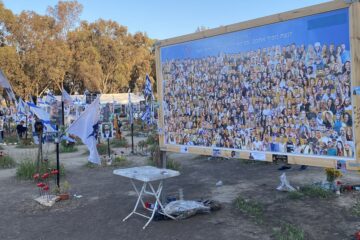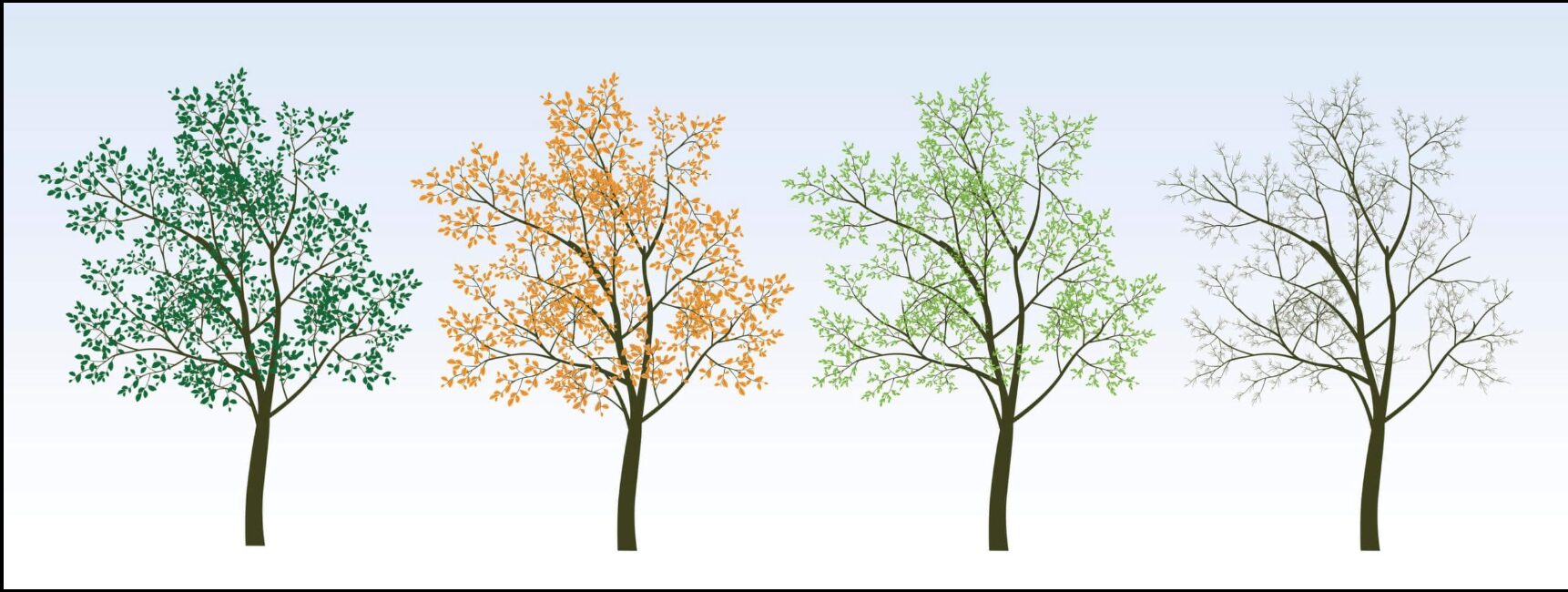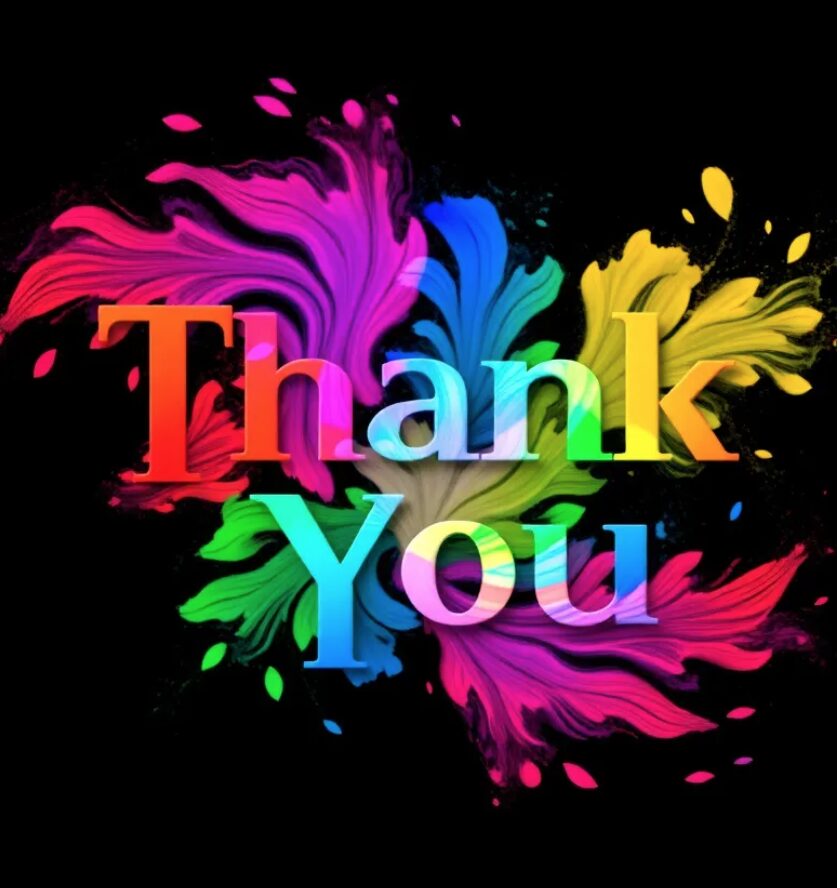by Dr. David Sanders
I had a reason to look up a poem by T.S. Eliot I had never read, not realizing that it contained lines he wrote that I have admired for a long time:
Toward the end of his Four Quartets:
We shall not cease from exploration
And the end of all our exploring
Will be to arrive where we started
And know the place for the first time.
The entirety of Four Quartets is a meditation on time. In this lengthy poem he draws inspiration, knowingly or not, from the earliest Jewish mystical text, the Book of Formation, a 2,000-year-old small treatise on the Hebrew alphabet and the Sefirot energies. In the second quartet Eliot starts with: “In my beginning is my end” and bookends the quartet with “In my end is my beginning.” These words are lifted word for word from the Book of Formation.
“My ending is in my beginning, and my beginning is my end”.
A reflection on the nightmare called October 7th.
Eliot begins the first quartet:
Time present and time past
Are both perhaps present in time future.
And time future contained in time past.
If all time is eternally present.
All time is unredeemable.
There were 20 unredeemed hostages who had existed in an eternal present. Many had no idea what day or time it was. They held onto a future redemption remembering pasts they wanted to reconnect with. Their families, a nation, a people, were frozen in a present moment that had yet to come full circle.
The end was in the beginning. Not October 7th, rather the calendar day of the Jewish holiday called the “eighth” a designated time for celebration through dancing in circles. Those at the Nova music festival were there on the holiday, the eighth, two years previously. If only they could turn back the sands of time to end what had yet begun and left the day before. These hostages were released two years to the day to a beginning that had been an end. An end to merriment, to dancing, to life.
Finally redeemed, these 20 joined the other fortunate ones to be reunited with loved ones, to link a past and a future to the present moment.
Quartet Two:
In my beginning is my end.
We die with the dying
See they depart
And we go with them.
What we call the beginning is often the end
And to make an end is often a beginning.
The celebration of those living who were released is not a complete redemption. We remember those who were murdered on October 7th. We remember those who were murdered or died in captivity. There are bodies still buried, missing? “We die with the dying. See they depart and we go with them.” To begin again, without you? To begin again, burdened by unrequited grief for the blood, the terror, the unburied, the unrecognizable?
Quartet Three:
Where is there an end of it,
the soundless wailing,
The silent withering of autumn flowers
Dropping their petals and remaining motionless;
Where is there and end to the drifting wreckage,
The prayer of the bone on the beach,
the unprayable prayer.
Desolation. Soundless wailing. Burnt-out buildings. Endless rubble. The drifting wreckage caused by the senselessness of hatred. Where is there an end to pain and suffering? In the beginning is an end and an end in the beginning. Can the unprayable prayer be prayed, can the skeletons come back to life as the autumn flowers return the following spring? Can we bear to hold the grief of what we have done to each other?
Quartet Four:
And last, the rending pain of re -enactment
Of all that you have done, and been;
the shame of motives late revealed,
and the awareness of things ill done
and done to others’ harm.
From wrong to wrong the exasperated spirit
Proceeds, unless restored by that refining fire
Where you must move in measure,
like a dancer.
To dance in a circle. To hold hands and sing “peace is yet to come”. There were some hostages and their families that danced on the “eighth”, celebrated an end and a new beginning. There were families who were still waiting to carry their dead to burial.
What can redeem the living and the dead? The soundless wailing seared in parents and children, in the young and old for generations to come. How can we redeem the beginning on the 7th and find an end in the 8th? Can there be a beginning to the end of “the rending pain of re -enactment.”
Take heed in his closing words and find redemption by taking them to heart:
We shall not cease from exploration
And the end of all our exploring
Will be to arrive where we started
And know the place for the first time.
Redemption or re-enactment? The end is in the beginning and the beginning is in the end.
Postscript: My son Benjamin, a Hillel Director, led a group of students to Israel this past summer. Their itinerary included meeting with Palestinian and Israeli activists and journalists. On the second day of their visit, the students headed south to the blood and terror-soaked ground of the Nova Music Festival. Rita Yedid, the name of the guide for their “tour” had survived the atrocities with her husband by hiding in a ticket booth. She led the students to the stage where the DJ was in charge of the music the morning of October 7th. To dramatize the moment, she played for them the last song she and her fellow revelers had been dancing to before the music stopped. Frozen in time, Rita was circling back to a beginning that was an end, reliving a past, over and over, so that she can begin again.







0 Comments